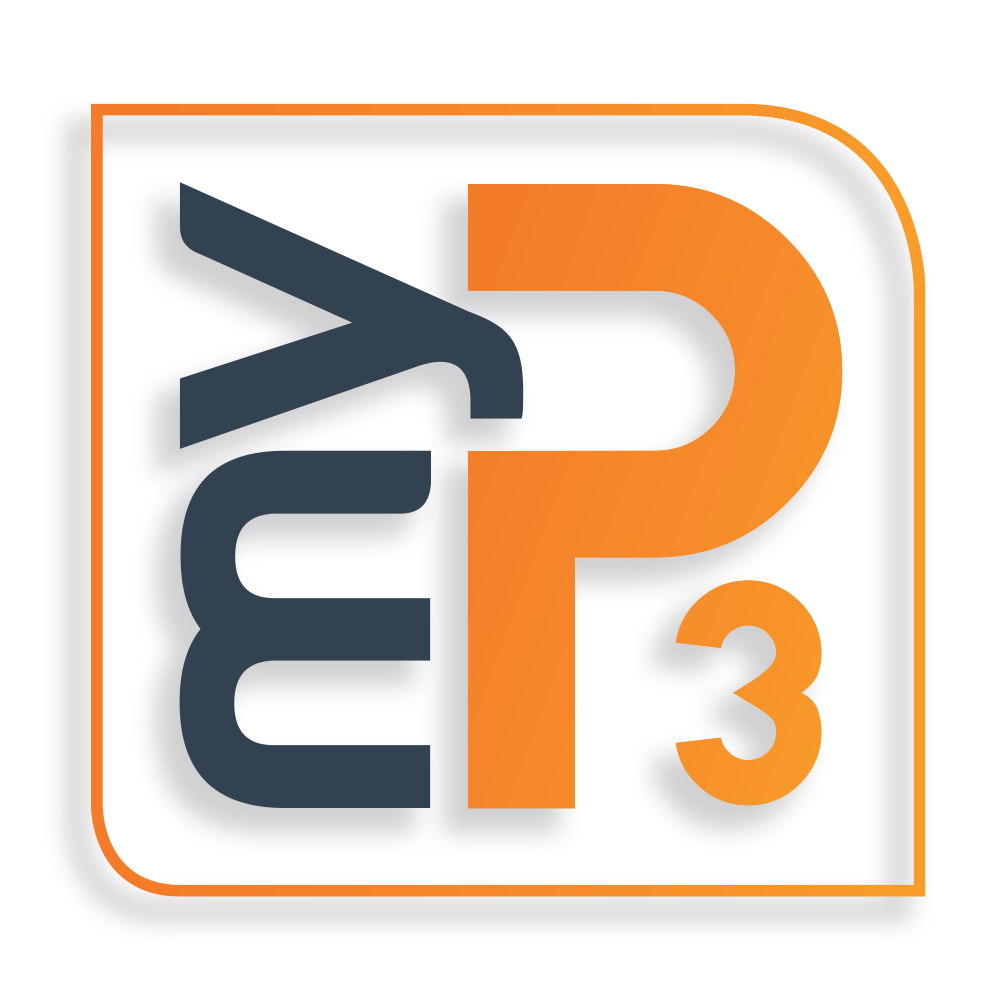Introduction:
Having the necessary frameworks, methods and tools is important in any organisation for productive engagement between a Project Management Office (PMO), delivery teams and business units. In a large transformation environment, the PMO will be not only the creator but also the guardian of all the standards that need to be in place for the portfolio, projects and programs to operate effectively. Additionally, their support and assurance role will be critical to ensure that all initiatives are given the maximum opportunity to deliver the transformation and value that they were designed to achieve.
Problem:
A Queensland higher education provider was embarking on a significant digital transformation agenda that would see their Information Communications Technology (ICT) portfolio expand in size and complexity.
It was recognised internally that the PMO and the delivery sub-portfolios were not aligned in their application of foundational practices.
Without robust frameworks, methods, and tools for the basis of engagement between the PMO and business areas sub-portfolios, it was established to be highly unlikely that the transformation agenda could be delivered.
Objective:
myP3 was engaged to initially develop a prioritised roadmap to provide the foundation and core capabilities required to effectively uplift the organisation’s delivery teams.
A second objective was to establish the foundation frameworks, methods, templates, tools and guidance materials to enable the client’s in-house PMO to implement and embed revised delivery practices.
Overview:
myP3 facilitated a self-assessment of P3M3® maturity to baseline the current state of practices for delivery of the portfolio, programs, and projects.
We then facilitated a three-column analysis workshop with approximately 20 key stakeholders across the organisation and developed an initiative outcomes map and roadmap. This was supported by the development of activity outlines to address and articulate the full scope of the program across three tranches and two-to-three years delivery duration.
Demonstrating the principles and practices of good program management, myP3 developed program management artefacts to support the client’s PMO Manager in leading the body of work. This enabled the PMO to lead by example through application of a formal program management approach, reporting and review cycles.
myP3 then mobilised to complete tranches 1 and 2 that provided the foundational framework and outputs to be embedded within the business by the client’s internal PMO. During this period, the roadmap underwent a series of reviews and reprioritisations to meet changing organisational priorities from senior management and delivery teams.
The approach to draft, review and finalise each artefact included a number of stakeholder engagements for input and feedback to align to the client’s needs from myP3’s collateral of ‘lift and drop’ source materials.
myP3’s outputs during tranche 1 and 2 focused on the delivery of the following knowledge areas:
- Standardised Governance Terms of Reference
- Work Type Definitions, Scaling Rules, and Tools
- Portfolio, Program and Project Lifecycles
- Management Standards (across 7 Perspectives)
- Program and Project Templates
- Risk Appetite Business Rules and Guidance
- Innovation Business Rules and Guidance
- Estimation Process, Tools, and Guides
- Performance Monitoring and Reporting Guidance
- Community of Practice.
myP3 completed the engagement early due to the client’s realisation that the pace of change was unsustainable and ambitious within their organisation. myP3 and the client agreed to transition the program to leverage their in-house resources to continue embedding the changes for the work completed to date.
Over the course of the engagement a trusted relationship was forged between the client and myP3 founded on adaptability and flexibility ultimately aimed at achieving the best possible outcomes and ensuring success. This resulted in myP3’s continued engagement with the client to provide ad-hoc supplementary guidance, and support in their ongoing journey to their maturity target.
Outcome:
Created a common understanding of the nature and scale of the problems to be addressed and how their resolution would deliver outcomes and value for the ICT transformation agenda and portfolio.
Simplified and streamlined frameworks, methods, and guidance to enable and ensure good practice as opposed to previously over-engineered outputs. This substantially improved the approach to ongoing development by the client’s internal PMO.
Re-established an effective community of practice (CoP) that enables ongoing improvement of delivery practices and positive collaboration between the PMO and delivery teams within business-led sub-portfolios.
